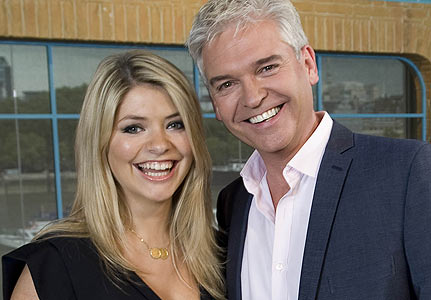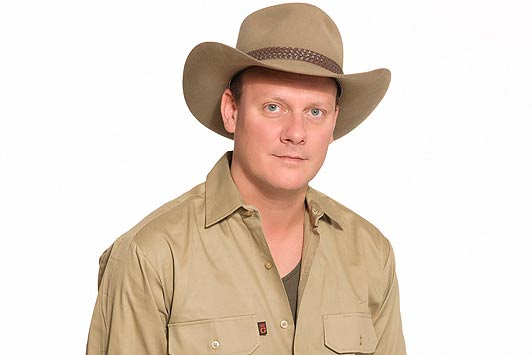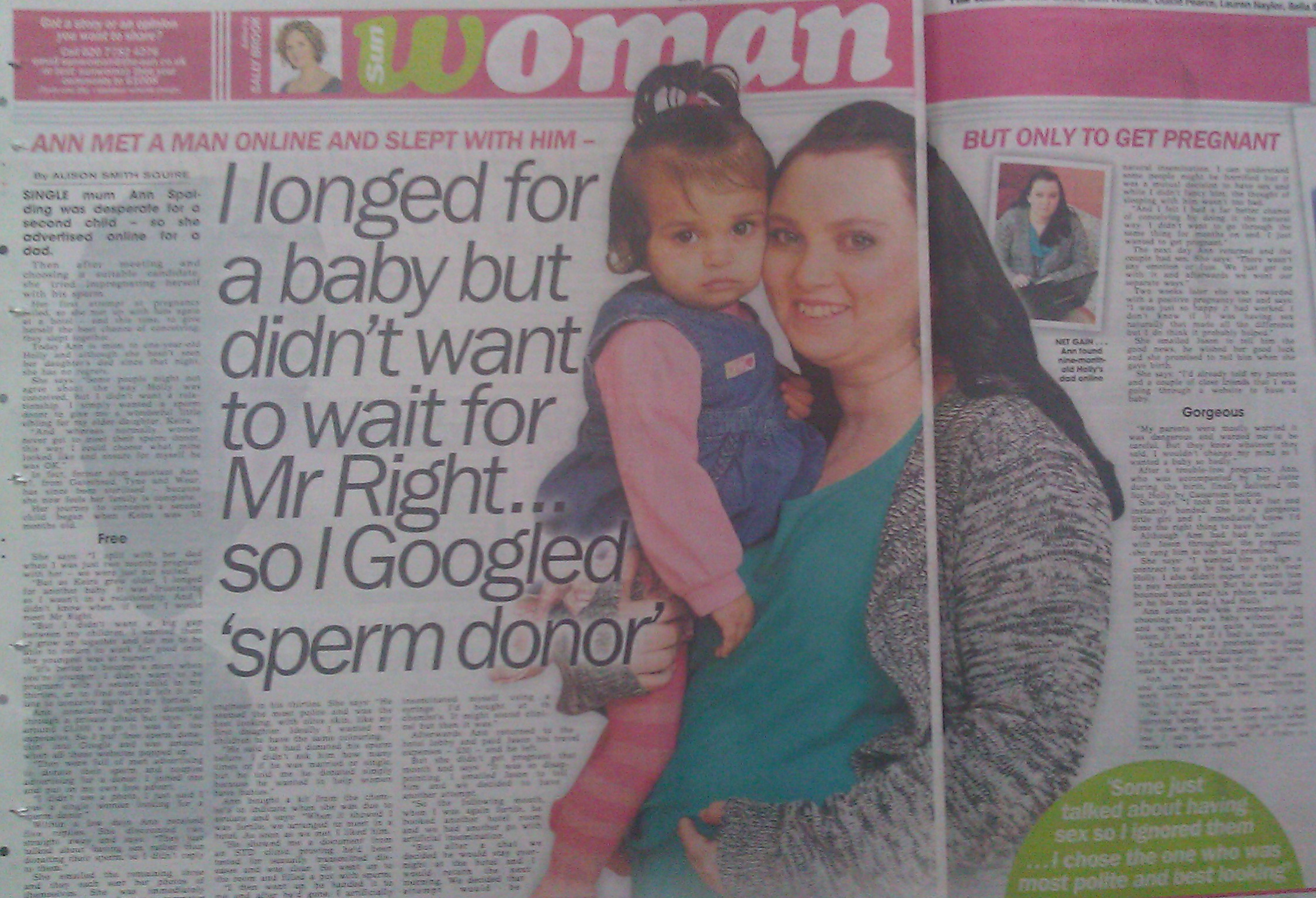ITV This Morning has said it is investigating that a story it featured was an elaborate hoax. A man called Dan Richards went on the show to talk about a new website ‘Famedaddy.com’, which would supply women who want a child with donor sperm from a celebrity. 
The idea, which was reported by some papers, was that a woman would pay £15,000 for sperm donation from a premier footballer or someone else in the public eye. That person would, due to UK laws, have to remain anonymous. But at 18 the resulting child would be able to trace his or her biological father.
Admittedly we have to say it seems fraught with difficulties? Quite apart from the ethics, if you don’t know who the daddy is how can you know if he or she is a genuine celebrity? How can you guarantee that you would be getting your money’s worth? Sperm donation via a registered clinic doesn’t come cheap – it is roughly about £2,000 a cycle and there’s no guarantee of success – so £15,000 is very expensive.
But, these questions aside – Dan Richards did clearly manage to convince someone he was genuine. So if it is a hoax, how can it have happened? And does it matter?
Firstly, if it is a hoax, then it is a very elaborate one. Someone has had to purchase a domain name, set up hosting and then design and write a website. The site is also linked to Twitter and Facebook. As anyone with any website knows, all of this is time consuming and costly. Plus some research and thought has obviously gone into the issue of sperm donation because on it is a list of questions – and answers.
It’s also hard to see what would be in it for the hoaxers. Certainly, despite what people sometimes think, it’s doubtful that anyone would pay much for a story like this – after all, the website presumably wanted publicity. And going on one of the nation’s favourite TV shows is usually enough for anyone wanting to promote a business. Someone wanting such coverage and excellent PR doesn’t then usually require a payment to go on.
Checking someone out can prove a challenge. Journalists and TV producers are not able to interrogate someone under caution and neither can we order Police checks on someone. Also as a journalist you have to take people at face value. We are dealing with amazing stories every day – one of the requirements to be a successful journalist is to have an open mind. You must always be able to take on new ideas. If you’re an easily shocked or judgemental type of person then forget it. You need to be able to see life from an interviewee’s point of view. And that might be very different from your own.
That said, it is relatively easy to check someone’s story out. Of course one requirement is an interview and an experienced interviewer can usually spot if something doesn’t add up. Then if someone is making an allegation against another person, you can check if there has been a court case and a criminal conviction. If someone divorced their spouse for adultery, where is their divorce certificate saying that? So the person claims they’ve had cosmetic surgery or has lost lots of weight – we will ask for before and after photos (you won’t generally sell your story without photo ‘proof’.) If you’ve been ill, often we will also require a doctor’s quote. A photographer might come to your home … your mum or ex spouse gives their point of view… there are dozens of ways of getting to know an interviewee without formally ‘checking up.’
Not only that, but there is a trace for most people on a quick google search these days.
As well as this, you do develop a sixth sense about people. At Featureworld there are stories we turn away for all sorts of reasons. And a feeling something is not quite right or doesn’t quite add up would be one reason.
Everyone going through Featureworld (and most other agencies) must also sign a form – and it is always pointed out to interviewees this is actually a legal document. As well as outlining where the story will be printed and any payment, the interviewee is also required to sign their story is true. To sign this when you know you are lying would constitute a fraud. And everyone who goes to a newspaper, magazine or TV – when they might also speak with an editor there – has gone through this rigorous process before any copy on them is even sent…
However, if someone is determined to pull off a hoax, then presumably as in any walk of life they can. Indeed we regularly report on people who’ve been the victims of very elaborate hoaxers. In one case recently a teacher told how she lost £120,000 to an internet scammer. The issue is that most of us are trusting and we do not go round suspecting people of being hoaxers.
So if this was a hoax, does it matter? Ultimately a TV show is there to report news and views. This website is still live on the web and This Morning invited a representative from the site on to talk about it. This Morning have been quite honest that they are investigating claims that Dan ‘might not be who he says he is and the fact that the whole story may not be what he says it was.’ It is not as if This Morning has tried to dupe their viewers. If anything they have been incredibly quick to bring their concerns to the attention of their audience.
Of course it might not be a hoax after all. Or perhaps a more interesting story might even emerge…I am sure we will all have to watch ITV This Morning to find out!
UPDATE: ITV This Morning has now apologised over ‘celebrity sperm bank hoax’ : “Mr Richards was an actor working for a TV Production company”
Have you been the victim of a hoaxer? Let us know below or if you have a story suitable for a magazine, newspaper (or TV!) then contact us here: Featureworld.



